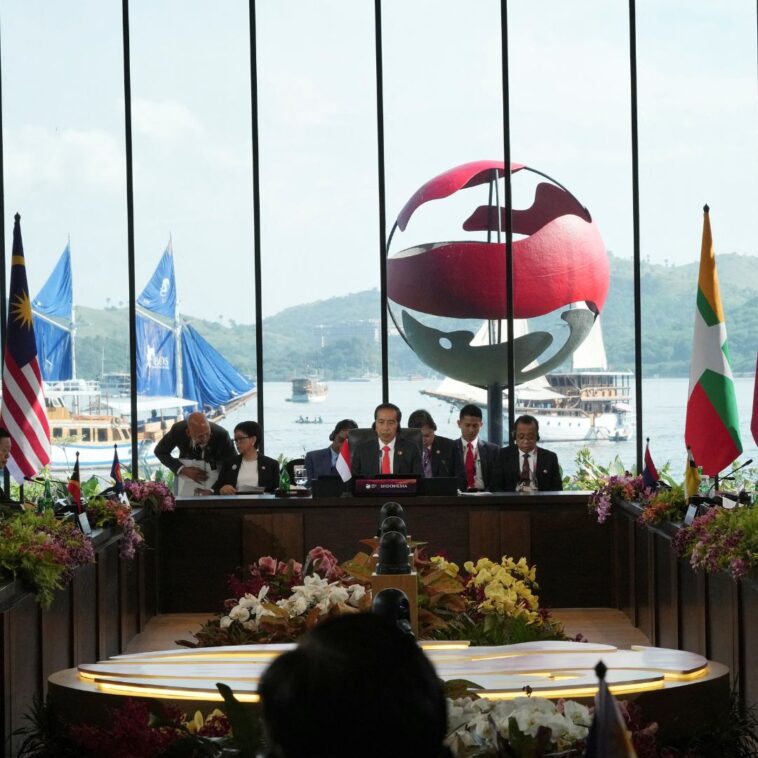Southeast Asian nations, known for their high social media engagement, are taking a stand against the rising tide of online scams and harmful content. Malaysia and Singapore, at the forefront of this initiative, are implementing new regulations aimed at curbing these issues and fostering a safer online environment.
Malaysia Mandates Platform Licensing
Malaysia’s new regulations, set to be enforced by year-end, require social media platforms like Facebook, TikTok, and messaging services like WhatsApp to register for annual licenses. Failure to comply will render the platform illegal and incur hefty penalties.
The Malaysian Communications and Multimedia Commission (MCMC), the country’s regulatory body, emphasizes prioritizing online safety for all Malaysians, especially children. This framework applies to platforms exceeding 8 million users, representing over 25% of the population. Additionally, a “kill switch” mechanism empowers authorities to remove egregious content.
Addressing Loopholes and Encouraging User Protection
Existing Malaysian laws target online offenses, but their reach is limited to local perpetrators. MCMC highlights the absence of legal obligations compelling platforms to proactively address online dangers.
This initiative comes amid a surge in online scams. Malaysian authorities reported a staggering 2.5 billion ringgit lost to online scams in 2022 alone. The MCMC further reveals that over 70% of government content takedown requests pertain to online scams and gambling.
While online platforms have requested ample time for compliance, responses from Meta (Facebook’s parent company) and TikTok are yet to be received.
Balancing Safety with Freedom of Speech
Experts acknowledge the necessity of stricter regulations but caution against potential misuse. Sabariah Mohamed Salleh, a media communications program head at a Malaysian university, expresses concerns that content critical of the government or supportive of opposition groups might be suppressed under the guise of online harms.
She advocates for a multifaceted approach that incorporates not just legal measures but also public education and digital literacy initiatives. Benjamin Loh, a media and communications lecturer, echoes this sentiment, urging for legislation addressing cyberbullying and the misuse of online influencers (“cybertroopers”).
Singapore Strengthens Scam Detection
Singapore, Malaysia’s neighbor, has also witnessed a significant rise in malicious online activities. E-commerce scams are a major concern, contributing to a record 46,563 scam cases in 2023, a near 50% increase from the previous year. Financial losses amounted to a staggering 651.8 million Singapore dollars.
Last month, Singapore mandated designated social media platforms and online marketplaces to actively detect and remove scams and other harmful content.
A Collaborative Effort for a Safer Online Landscape
The initiatives undertaken by Malaysia and Singapore reflect a growing regional concern about online safety. These stricter regulations aim to empower authorities and online platforms to create a safer online environment for users, particularly the most vulnerable – children.
However, striking a balance between online safety and freedom of expression remains crucial. Continued discussions and a multi-pronged approach that combines legal measures with public education and digital literacy programs will be essential for Southeast Asia to navigate this complex challenge.




GIPHY App Key not set. Please check settings